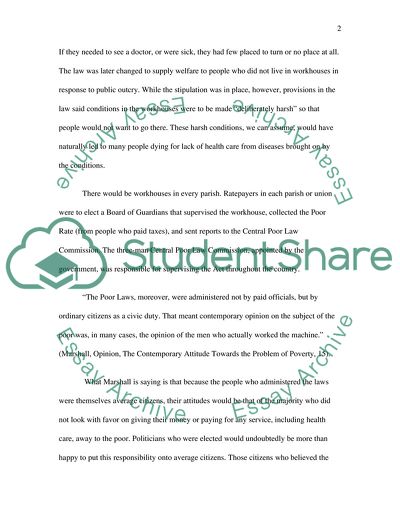Cite this document
(Ideologies of Welfare Assignment Example | Topics and Well Written Essays - 1750 words, n.d.)
Ideologies of Welfare Assignment Example | Topics and Well Written Essays - 1750 words. https://studentshare.org/sociology/1718931-ideologies-of-welfare
Ideologies of Welfare Assignment Example | Topics and Well Written Essays - 1750 words. https://studentshare.org/sociology/1718931-ideologies-of-welfare
(Ideologies of Welfare Assignment Example | Topics and Well Written Essays - 1750 Words)
Ideologies of Welfare Assignment Example | Topics and Well Written Essays - 1750 Words. https://studentshare.org/sociology/1718931-ideologies-of-welfare.
Ideologies of Welfare Assignment Example | Topics and Well Written Essays - 1750 Words. https://studentshare.org/sociology/1718931-ideologies-of-welfare.
“Ideologies of Welfare Assignment Example | Topics and Well Written Essays - 1750 Words”. https://studentshare.org/sociology/1718931-ideologies-of-welfare.


